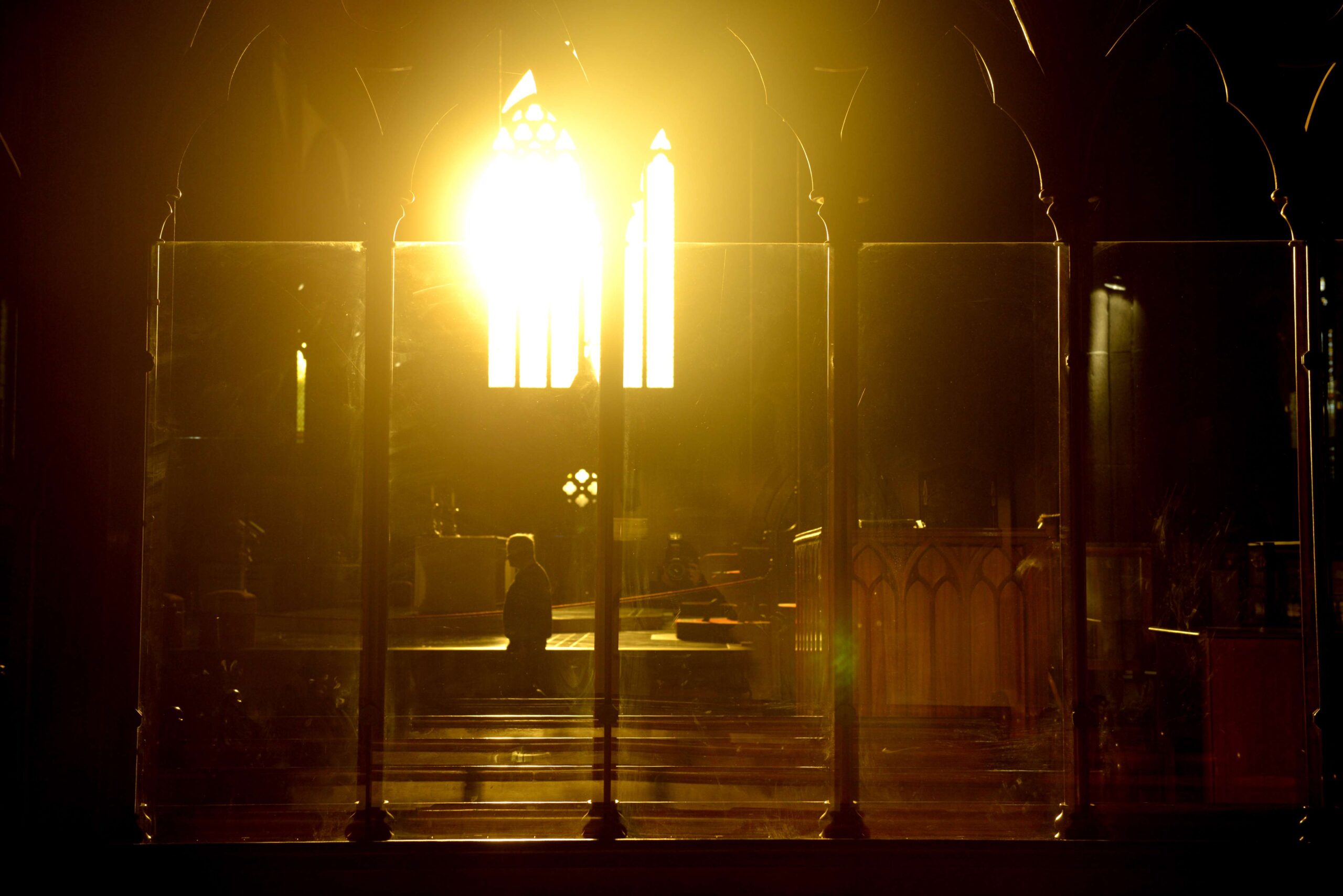
Australia’s highest court has freed the Catholic Church of liability over some cases of child sexual abuse by priests, potentially destroying claims by victim-survivors.
The High Court on Wednesday overturned on appeal a previous ruling by Victoria’s Supreme Court that the diocese of Ballarat was vicariously liable.
It found the relevant legislation did not provide a basis for imposing such responsibility because the priest was not a direct employee of the church.
The diocese and its current bishop, Paul Bird, were sued by a man who said he was sexually assaulted by Father Bryan Coffey at his parents’ home in Port Fairy in 1971 when he was five years old.
Coffey, who is now dead, received a three-year suspended sentence in 1999 after being convicted of charges including indecent assaults of males and females under 16 and false imprisonment.
The man, known as DP in court documents, didn’t tell anyone except for his partner about the assault until 2018.
DP made a claim for more than $1.5 million for loss of earnings as a result of the assaults, a figure described by Justice Jack Forrest in a December 2021 decision as “bold”.
Justice Forrest ultimately found the church had vicarious liability because of the close relationship between the then-bishop, diocese and community, ordering DP receive $200,000 in damages for pain, suffering and loss of enjoyment of life, $10,000 for medical expenses and $20,000 in other damages.
The principal issue in the High Court appeal was whether the diocese could be held vicariously liable for abuse committed by Coffey, despite the priest not being formally employed by the diocese.
That form of liability is usually reserved for employers responsible for the wrongful or negligent actions of their employees, regardless of whether the organisation was at fault.
The Victorian courts had extended that to the church, finding Coffey was still a “servant of the diocese” and through the role had the “power and intimacy” to abuse children.
But Wednesday’s decision ruled the lower courts had overreached.
The High Court said it has repeatedly refused to extend the boundaries of vicarious liability to include independent contractors.
“Expanding the doctrine to accommodate relationships that are ‘akin to employment’ would produce uncertainty and indeterminacy,” the judgment summary read.
“As the priest was not an employee, there could be no finding of vicarious liability on the part of the diocese.”
John Rule, principal lawyer at Maurice Blackburn, said the decision would have far-reaching implications for the ability of child-abuse survivors to hold institutions to account.
“The church has known about its priests abusing children for centuries and did nothing to stop it,” Mr Rule said.
“Unfortunately, this decision means that in some cases the church will be able to again evade responsibility for the scourge of child abuse in its ranks.
“This decision puts Australia at odds with other common law jurisdictions like the UK and Canada who have developed the principle of vicarious liability to meet the scourge of child abuse.”
Chief executive at sexual abuse prevention charity, In Good Faith Foundation, Clare Leaney, said the decision would be a difficult for survivors to stomach.
“Today’s ruling by the High Court feels like a giant step backwards,” she said.
“We urge the federal government to legislate and act on behalf of Australian survivors to remedy this High Court decision.”
Bishop Bird thanked the High Court for its “careful consideration of these complex areas of law” and said the diocese was examining the judgment and its implications.
Another High Court ruling on Wednesday involved the Salvation Army attempting to stop a compensation claim by a survivor who said he was abused at a residential home in 1959 and 1960.
The Salvation Army was granted a permanent stay of West Australian court proceedings due to the death of the alleged perpetrator, which they said made it unable to mount a fair defence.
But the court overturned that decision.
In February the High Court rejected the Catholic Church’s bid to avoid paying damages to the father of a choirboy allegedly sexually abused by now-deceased Cardinal George Pell.
Who can be trusted?
In a world of spin and confusion, there’s never been a more important time to support independent journalism in Canberra.
If you trust our work online and want to enforce the power of independent voices, I invite you to make a small contribution.
Every dollar of support is invested back into our journalism to help keep citynews.com.au strong and free.
Thank you,
Ian Meikle, editor

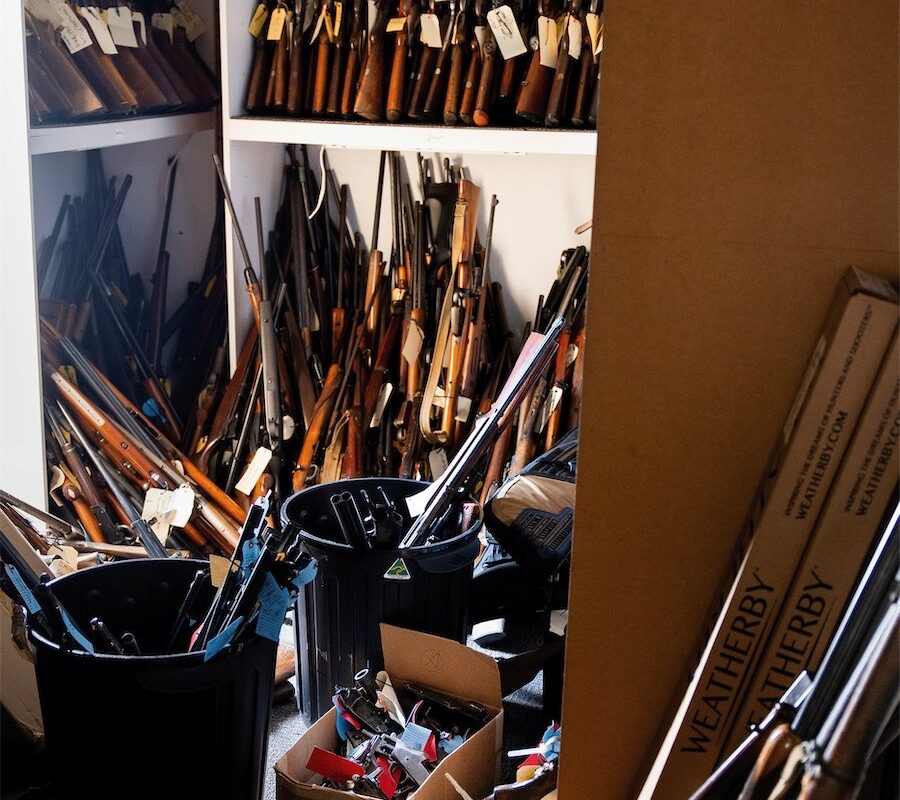



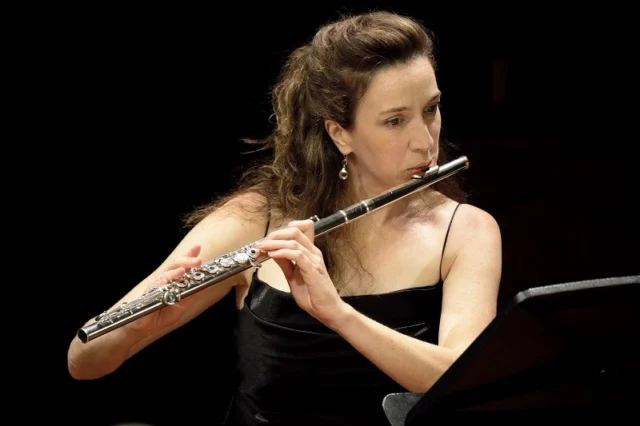
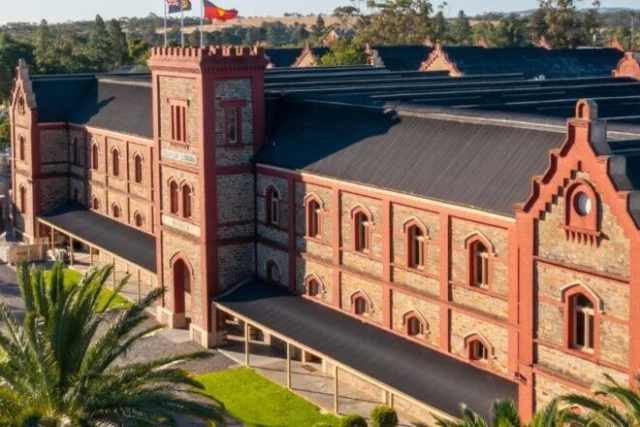
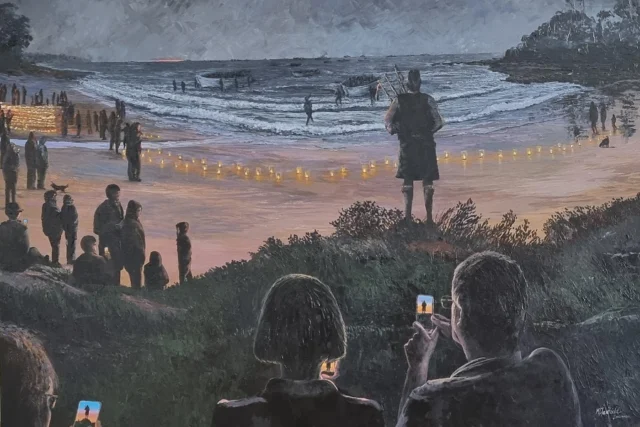
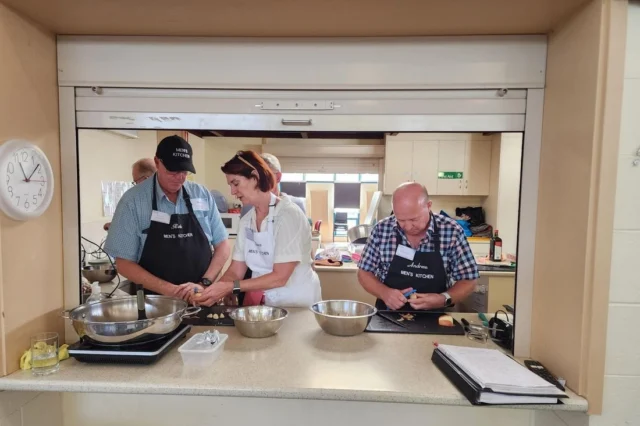
Leave a Reply